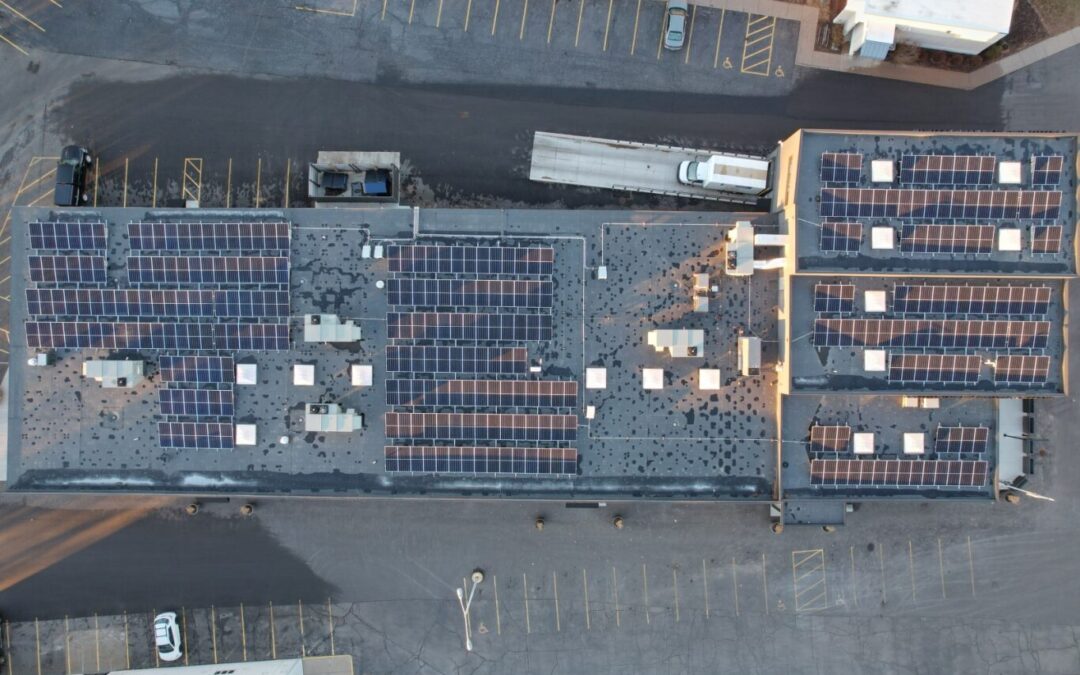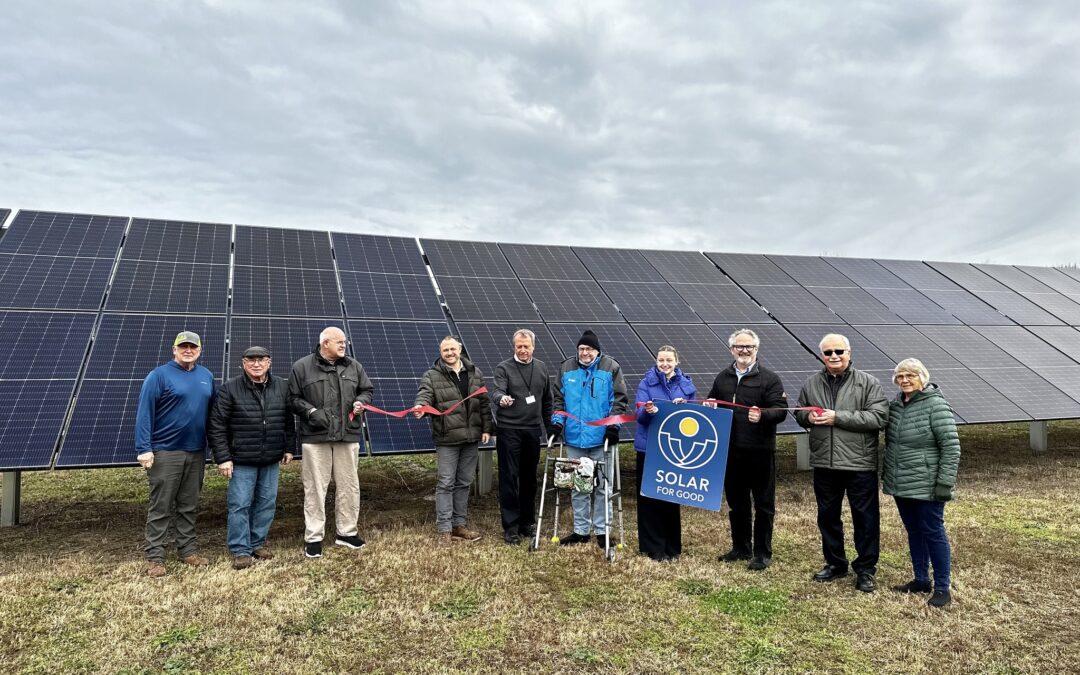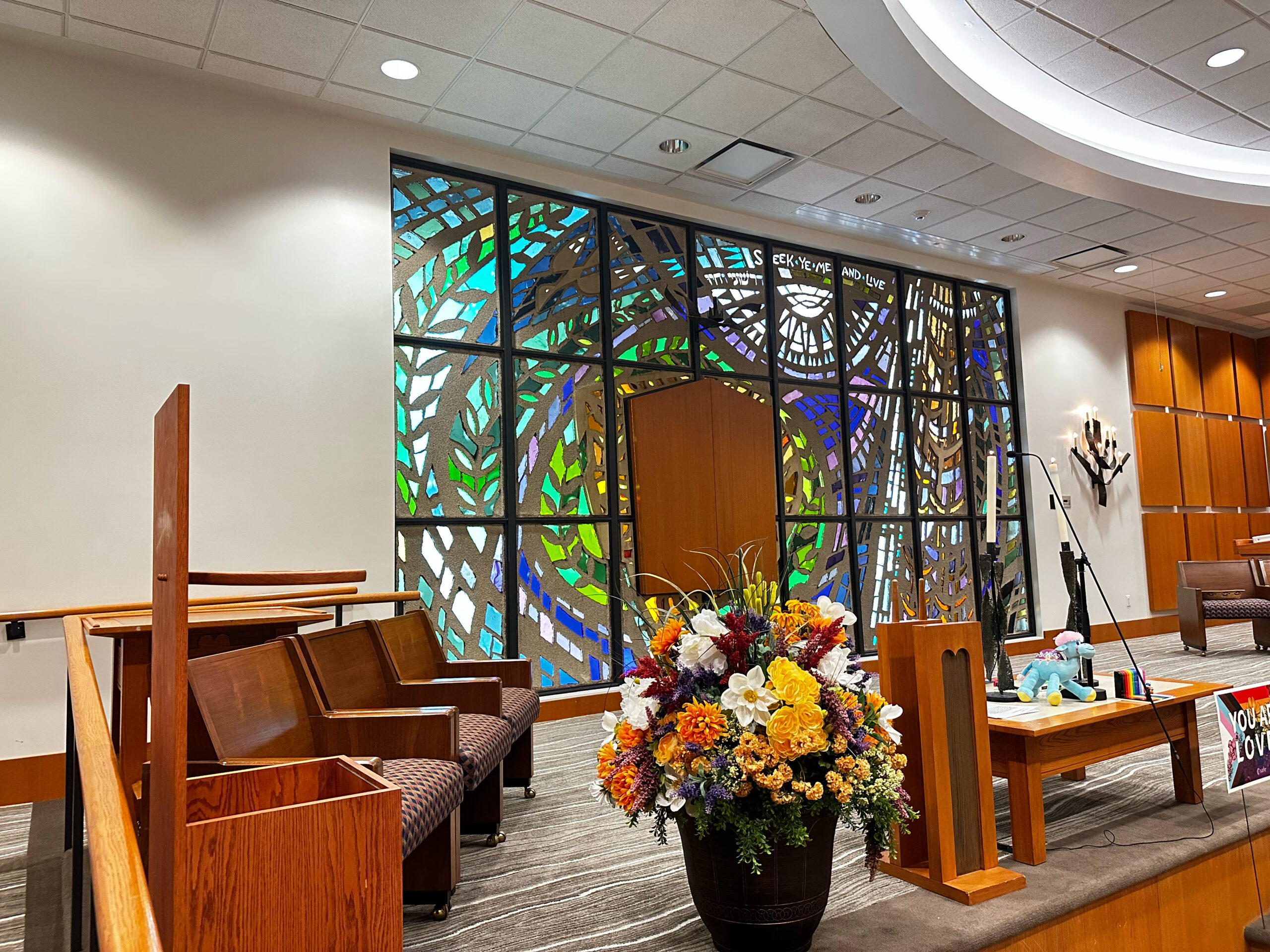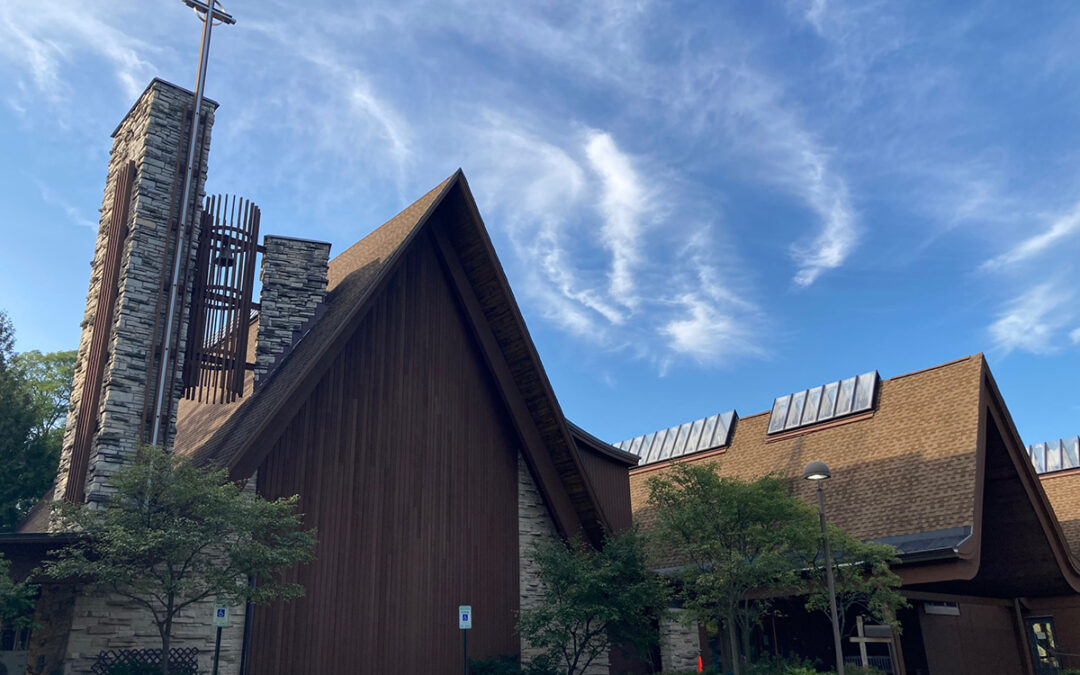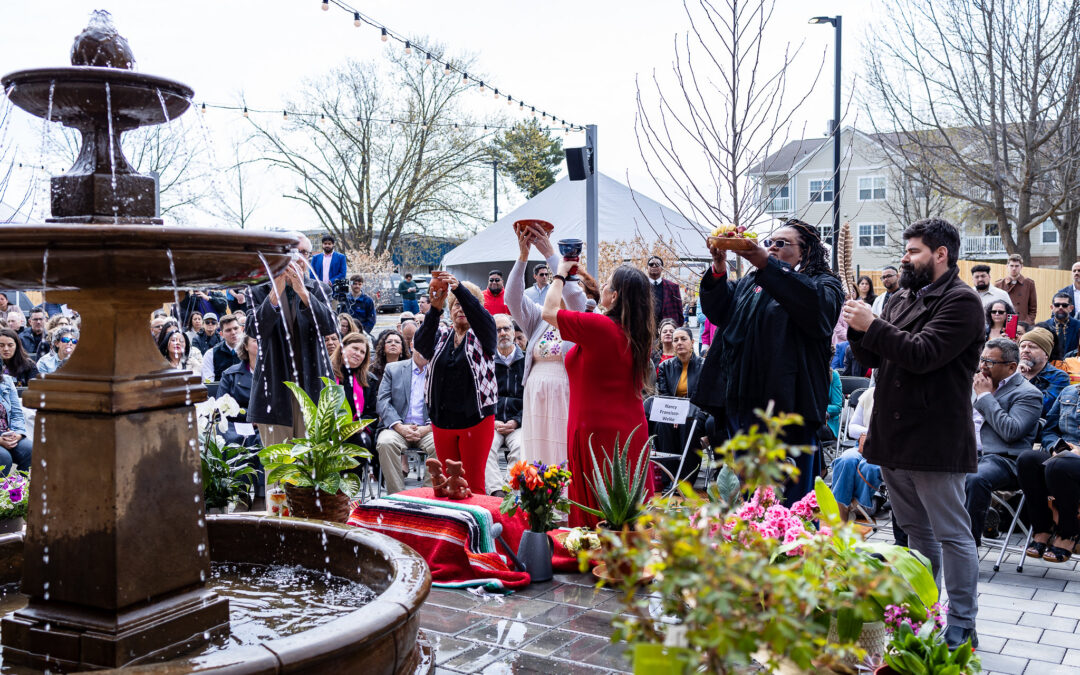
Powering a Brighter Future at Centro Hispano
Photo Credit: Hedi Rudd
On Friday, April 26, 2024, Centro Hispano of Dane County, a cornerstone of support and empowerment for the Latinx community in Madison, celebrated a milestone: the installation of a solar array at their new facility on Madison’s south side. Established in 1983 initially to assist Cuban refugees, Centro Hispano has grown into a vital community hub, providing youth programs, family services, and community engagement initiatives.
Centro’s mission is to build a future where Latinx families in Dane County can aspire upward, reaching their goals and dreams because they feel strengthened with the tools for success. As the leading nonprofit organization serving the Latinx population in the county, Centro empowers youth, strengthens families, and fosters community engagement through a wide range of programs.
The decision to install solar panels at their new facility highlights Centro’s commitment to sustainability and community education. The 67.5 kilowatt (kW) solar array, installed by Westphal & Company Inc., comprised of 135 panels, will generate approximately 86,290 kilowatt hours of electricity annually, offsetting 36% of the facility’s energy use. This initiative is part of a broader sustainability strategy, which includes a ground-source heat pump HVAC system to further reduce energy consumption.
The solar project is made possible in part through the Solar for Good and the MadiSUN Backyard Solar Program, emphasizing the importance of equitable access to sustainable systems and fostering conversations about sustainability. This project is an opportunity to make history by demonstrating how equity and sustainability can coexist and thrive together. Centro Hispano’s solar initiative not only showcases its commitment to environmental stewardship but also serves as an educational tool for youth programs, workforce development, and the broader community.
Centro Hispano’s solar project is more than just an effort to reduce energy costs; it represents a significant step towards integrating sustainable practices within communities of color. By harnessing solar power, Centro provides a powerful example of how renewable energy can support and uplift historically underserved populations. The solar array will be used as a teaching tool, offering workshops and educational signage to engage and inform the community.
As Centro Hispano celebrates 40 years of service, the solar initiative marks a significant advancement in its mission to empower Latinx families and strengthen community resilience. By embracing solar energy, Centro is reducing its environmental footprint and setting a precedent for sustainable development and community engagement. This commitment to sustainability ensures that Centro Hispano will continue to be a beacon of hope and opportunity for generations to come.

